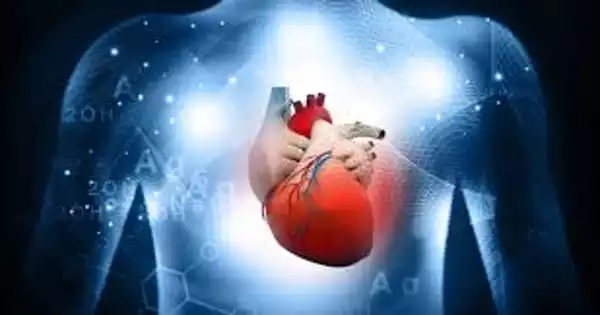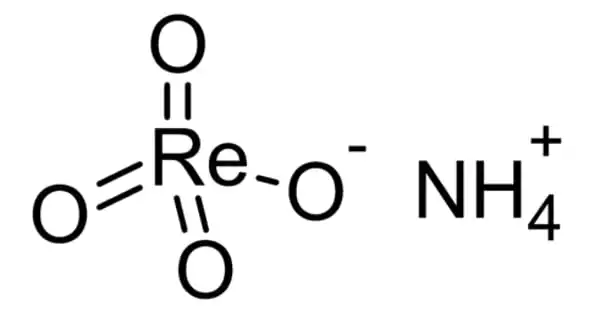A new family of drugs that work as blood thinners by blocking an enzyme in the genes of tick saliva has been discovered. The study concentrated on new direct thrombin inhibitors derived from tick salivary transcriptomes, which are messenger RNA molecules expressed by an organism. As a result, new anticoagulant drugs are being developed that can be used to treat people suffering from a range of coronary disorders, including heart attacks.
Heart drugs are used to treat heart diseases, control symptoms, and lower the risk of future heart and vascular events such as a heart attack, heart failure, or stroke. If you have a cardiac condition, the sort of medication you receive will be determined by your diagnosis, other medical conditions, age, and lifestyle.
A new University of Cincinnati study revealed a novel family of drugs that serve as blood thinners by suppressing an enzyme in tick saliva genes. The study concentrated on new direct thrombin inhibitors (DTI) derived from tick salivary transcriptomes, which are messenger RNA molecules expressed by an organism. As a result, new anticoagulant drugs are being developed that can be used to treat people suffering from a range of coronary disorders, including heart attacks. The findings were reported in the journal Nature Communications.
Backbone structure analysis suggests a novel evolutionary process in which various blood clot preventing capabilities emerged via a sequence of gene duplication events. A comparison of naturally produced blood clot inhibitors from different tick species indicates an evolutionary divergence around 100 million years ago.
Richard Becker
“Interest in ticks as a model for developing drugs that prevent blood clotting – [often] the cause of heart attacks and strokes – is firmly rooted in evolutionary biology,” says Richard Becker, MD, professor and director of the UC Heart, Lung, and Vascular Institute and the UC Division of Cardiovascular Health and Disease at the University of California, San Francisco.
“Backbone structure analysis suggests a novel evolutionary process in which various blood clot preventing capabilities emerged via a sequence of gene duplication events. A comparison of naturally produced blood clot inhibitors from different tick species indicates an evolutionary divergence around 100 million years ago.”
Becker, a study co-author, worked with researchers from the National University of Singapore, Duke University, and the University of North Carolina to find DTIs from tick salivary transcriptomes and improve their use as a pharmaceutical. The most potent is a major regulatory enzyme in blood clot formation with very high specificity and binding capacity, over 500 times that of bivalirudin, a medication used during a routine nonsurgical procedure to treat coronary artery constriction. In the United States, these minimally invasive procedures are performed on around 1 million people each year.

“Despite their better ability to minimize the incidence of blood clot formation, the medicines displayed less bleeding, achieving a wider therapeutic index in nonhuman animals,” adds Becker. “Because the drug is more potent, it is not essential to use as much of it in treating patients, which lowers the cost of goods and production.”
According to Becker, tick saliva, like that of other blood-feeding insects such as mosquitoes, sand flies, tsetse and black flies, includes pharmacological and immunological active chemicals that modify immune responses and promote antibody formation. This study drew on knowledge of tick-host interactions and antibody production.
“Specificity, selectivity, efficacy, and safety have traditionally been the golden grails of anticoagulant therapy,” adds Becker. “Clinician-scientists must be trained and work in an environment that encourages them to ask questions and seek solutions, including those found deep within nature. The ability to measure, alter, and quickly reverse the effects of a medicine is especially vital for safety. Before beginning human clinical trials, pharmacology, toxicology, drug stability, and other critical regulatory stages must be completed.”
The majority of people with heart failure require medication. Some of these medications are prescribed to alleviate your symptoms. Others may be able to keep your heart failure from worsening and allow you to live a longer life. The majority of your heart failure medications must be taken on a daily basis. Some medications are only taken once a day. Others must be taken twice daily or more. It is critical that you take your medications on schedule and in the manner prescribed by your doctor.
Never stop taking your heart medications without first consulting with your doctor. This also applies to other medications you may be taking, such as those for diabetes, high blood pressure, and other dangerous illnesses.
















